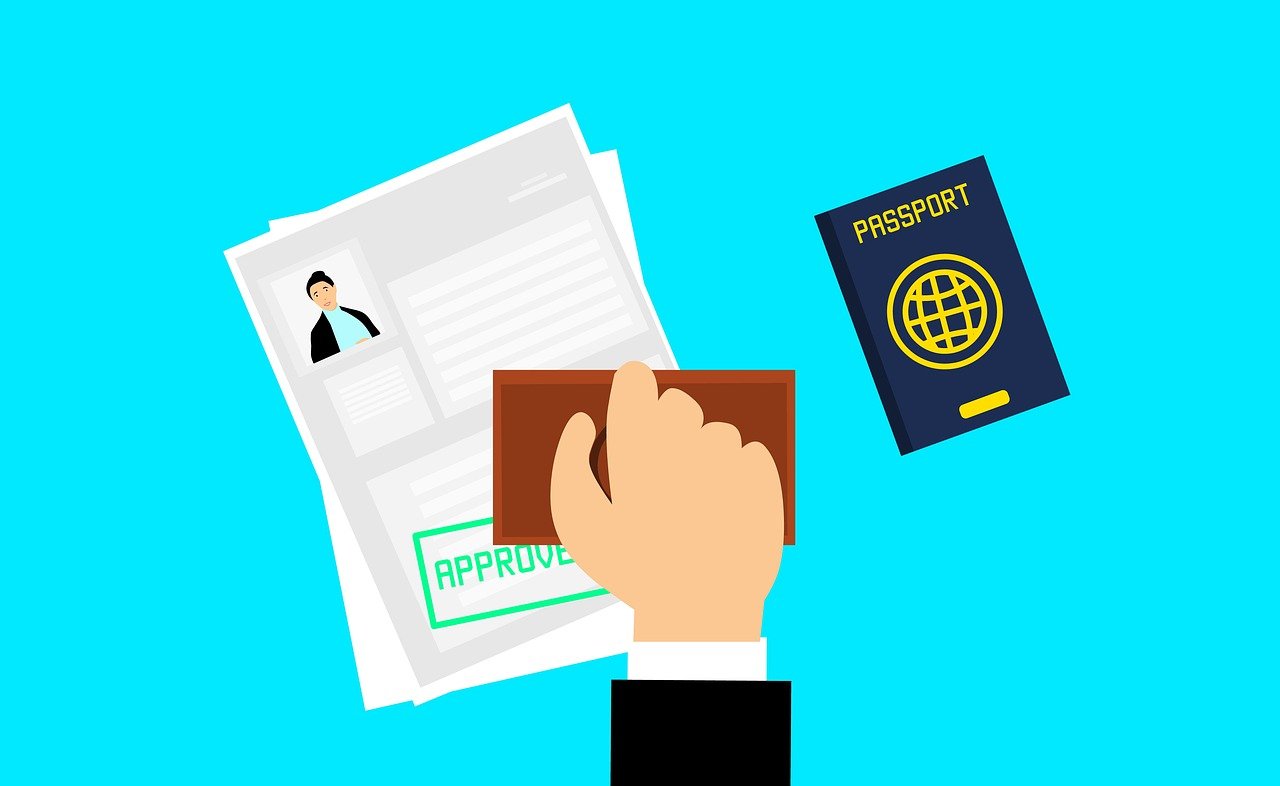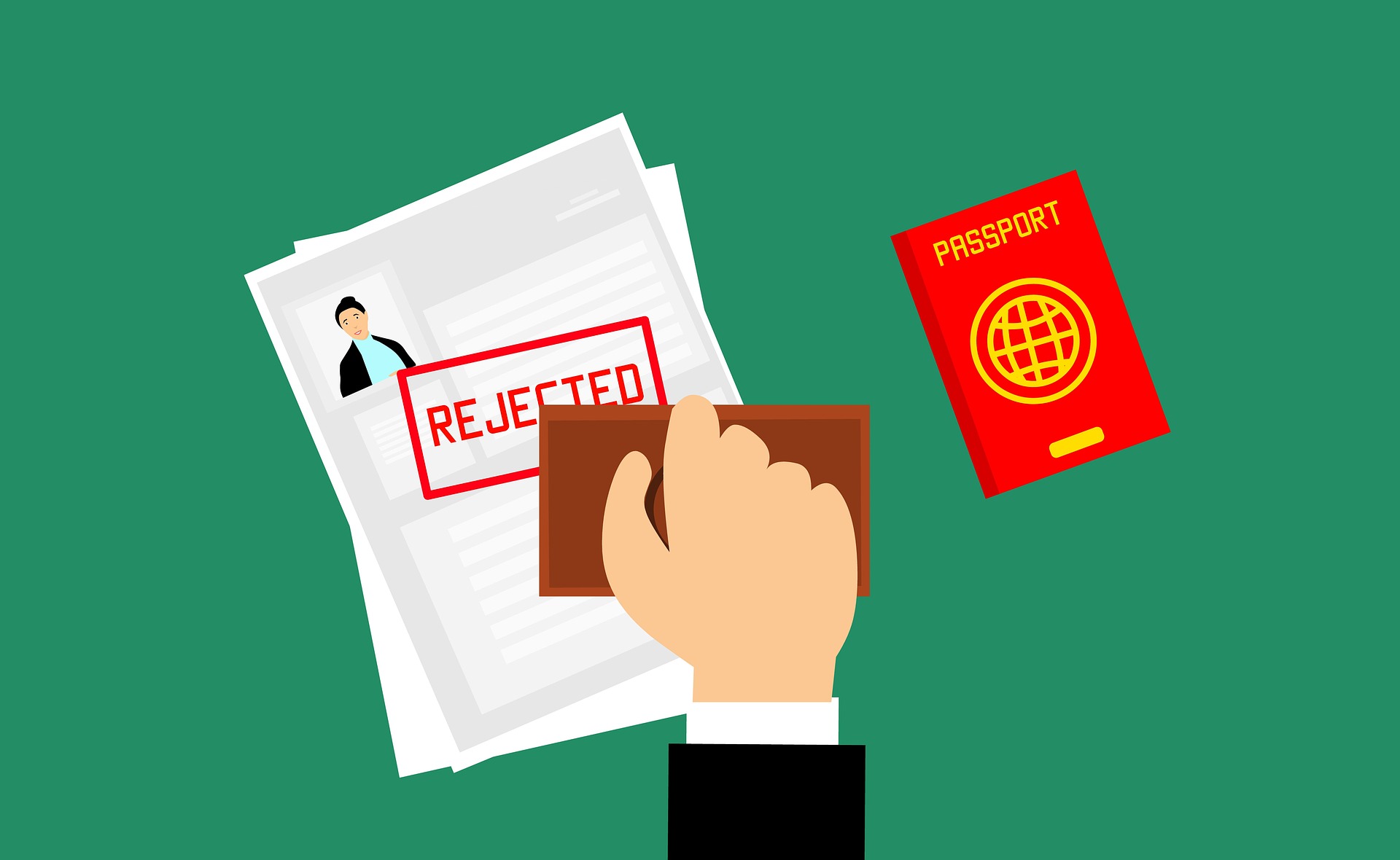In this blog post, we share with you some new updates for the H-1B cap season for fiscal year 2025 and beyond.
H-1B Cap Initial Registration Period FY 2025
USCIS has announced that the initial registration period for the FY 2025 H-1B cap season will open at noon Eastern time on March 6, 2024, and run through noon Eastern time on March 22, 2024.
During the registration period, prospective petitioners and their representatives, must use a USCIS online account to register each beneficiary electronically for the selection process and pay the associated registration fee for each beneficiary.
For more information on the H-1B Cap Season, visit H-1B Cap Season webpage.
Organizational Accounts and Online Filing for Forms I-129 and I-907
On February 28, 2024, USCIS will launch new organizational accounts in the USCIS online account webpage that will allow multiple people within an organization and their legal representatives to collaborate on and prepare H-1B registrations, H-1B petitions, and any associated Form I-907, online.
Also on February 28, USCIS will launch online filing of Form I-129 and associated Form I-907 for non-cap H-1B petitions.
Online Filing of H-1B Cap Petitions and I-907 Starting April 1, 2024
On April 1, 2024, USCIS will begin accepting online filing for H-1B cap petitions and associated Forms I-907 for petitioners whose registrations have been selected.
Petitioners will continue to have the option of filing a paper Form I-129 H-1B petition and any associated Form I-907 if they prefer. However, during the initial launch of organizational accounts, users will not be able to link paper-filed Forms I-129 and I-907 to their online accounts.
 Visa Lawyer Blog
Visa Lawyer Blog








